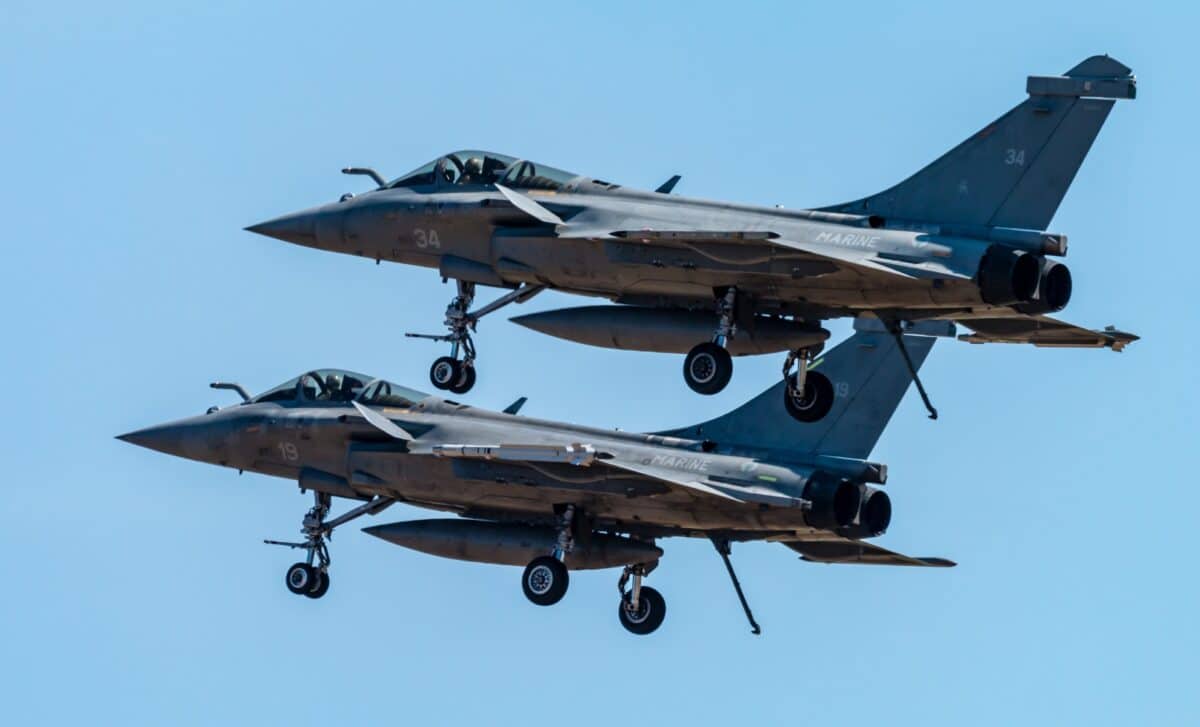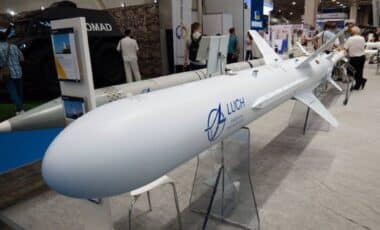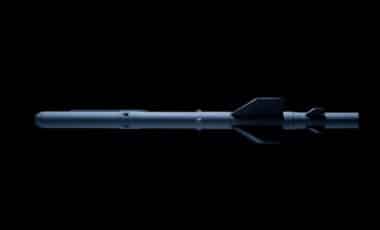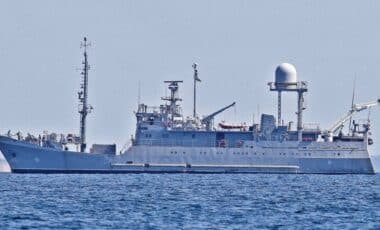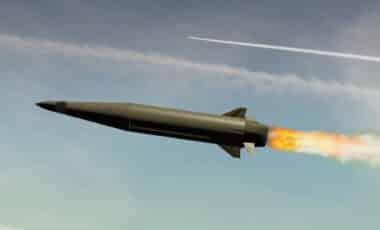The announcement follows the signing of four industrial agreements between the two companies on June 5, 2025. The deal will see significant parts of the Rafale’s fuselage built in Hyderabad, India, a step described by Dassault CEO Éric Trappier as a “first in the history of the Rafale program,” as reported by La Dépêche. The collaboration is directly linked to India’s recent acquisition of 26 Rafale Marine aircraft.
The expansion of production capabilities abroad is driven by delivery pressure stemming from major export contracts. Dassault’s Mérignac site alone is no longer sufficient to meet growing demand. According to BFMTV, the new Indian facility is expected to deliver up to two complete fuselages per month by 2028, with potential to scale up to four or five aircraft monthly. The agreement reflects both market-driven pragmatism and the increasing industrial bargaining power of countries like India.
USS Nimitz Returns to South China Sea — Just Miles from Chinese-Controlled Shoal
India Becomes The First Foreign Site For Rafale Fuselage Manufacturing
The Dassault-Tata partnership marks the first time that fuselage assembly of the Rafale fighter will occur outside France. Until now, all key manufacturing operations for the aircraft had remained within French borders. This arrangement includes the transfer of production responsibilities for the rear, central, and front sections of the fuselage, as well as internal structural components.
According to Armées, these parts will be produced at a new site in Hyderabad operated by Tata Advanced Systems. Sukaran Singh, CEO of Tata Advanced Systems, described the agreement as “a strategic project positioning India as a key player in the production of 4.5 generation fighter aircraft.” The move aligns with India’s broader industrial policy under its “Make in India” initiative, which seeks to localize defense manufacturing.
A Response to India’s Major Rafale Marine Order
The decision to outsource Rafale component manufacturing to India was prompted by New Delhi’s substantial order for 26 Rafale Marine aircraft. Signed in late April 2025, the contract is valued at approximately 630 billion rupees, or 6.5 billion euros.
This procurement is intended to equip the Indian Navy’s aircraft carrier INS Vikrant. Dassault’s existing infrastructure was deemed insufficient to meet the aggressive delivery timeline set by the deal. In response, Dassault opted for a strategic redistribution of its production resources, ensuring it could meet obligations without compromising quality or timelines.
This redistribution also includes potential transfers of sensitive technologies and eventual involvement by Tata in producing engines, sensors, armaments, and maintenance services. These steps underscore the scale and significance of the industrial partnership.
Reshaping The Defense Production Model For Global Competition
By enabling critical parts of the Rafale to be built overseas, Dassault is signaling a broader transformation in its manufacturing strategy. This evolution reflects a new industrial model where production flexibility and local partnerships are increasingly necessary for securing export contracts.
This shift is not merely subcontracting—it involves the delegation of strategic know-how and the creation of a local aerospace ecosystem in India. Dassault is responding to an intensely competitive market, where major defense manufacturers such as Saab, Boeing, and Lockheed Martin are also pursuing localization to win bids.
The Indian precedent could pave the way for similar arrangements in other countries. Dassault’s maneuver repositions it as an adaptive manufacturer capable of integrating production into client countries while balancing the delicate question of national industrial sovereignty.

